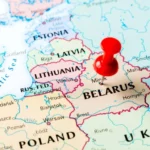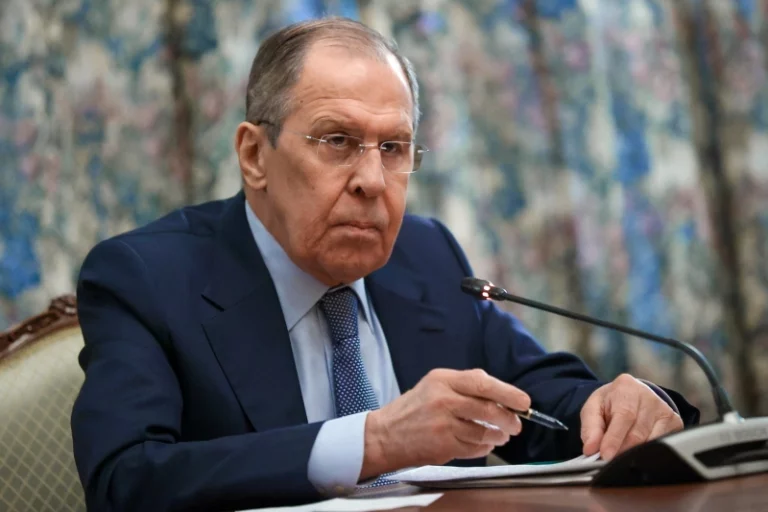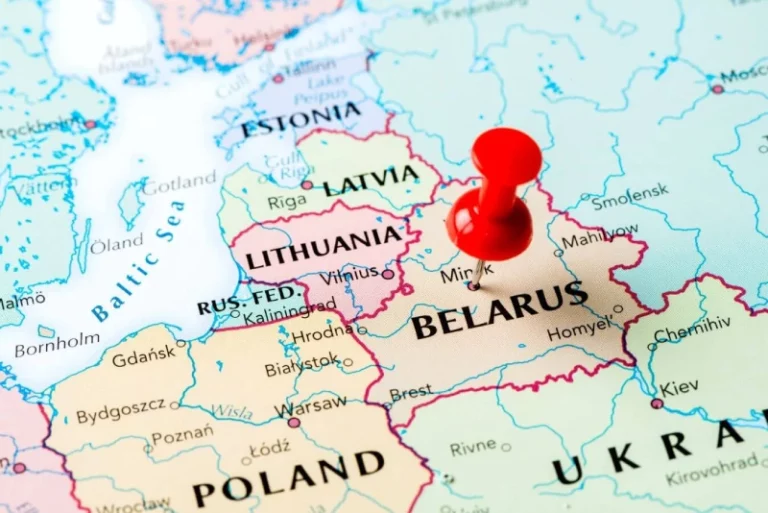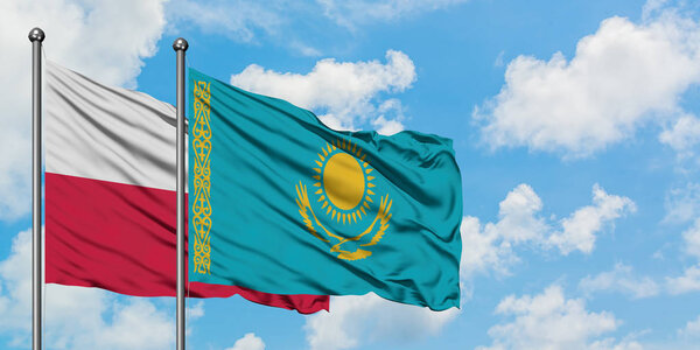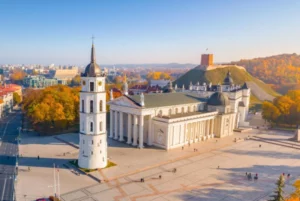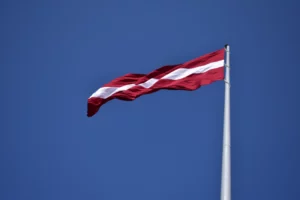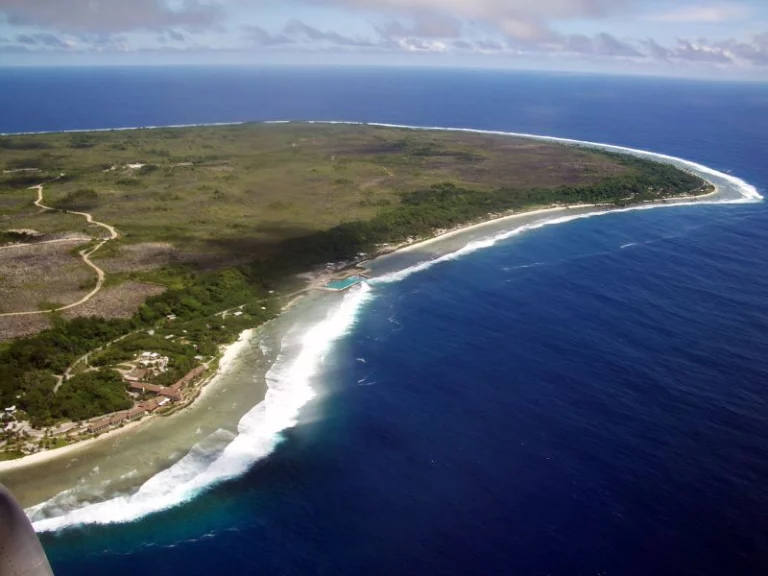Estonia’s gross domestic product (GDP) declined by 4.1% in the fourth quarter of 2022, as per preliminary data released by Statistics Estonia. The country’s GDP at current prices was €10 billion.
This contraction in Estonia’s economy could have a significant impact on the Baltic states, as Estonia is the wealthiest and most developed country in the region.
Inflation slows down
According to Robert Müürsepp, a leading analyst at Statistics Estonia, inflation showed signs of slowing down towards the end of the year, but the impact of inflation on economic growth remained similar to previous periods. Adjusted for inflation, tax revenue and value-added to the economy significantly decreased, he said.
The recession was broad-based, with only a few economic activities experiencing growth. Agriculture was the biggest positive contributor, while information and communication was the main negative contributor.
Affected sectors
Other major sectors like real estate activities, construction, manufacturing, and trade, also contributed negatively. Private consumption continued its downward trend, with the biggest decrease in household expenditures on education, other goods and services, and furnishings.
However, some expenditure groups saw growth despite soaring inflation. The most significant rise was in expenditures on restaurants and hotels and on recreation and culture. Investments grew by 13.1% in the fourth quarter, with the biggest positive impact from non-financial corporations’ investments in transport equipment and other buildings and structures, and households’ investments in dwellings.
Estonia’s foreign trade was similarly affected by the prevailing downward trends. Exports fell by 6.5%, with both exports and imports decreasing in trade in goods. Exports in trade in services fell modestly by 0.7%, while imports continued robust growth by 15.7%.
In 2022 as a whole, Estonia’s GDP decreased by 1.3%, with accommodation and food service activities being the biggest positive contributor and real estate activities, the energy sector, trade, agriculture, and financial activities being major negative contributors.
Investments fell by 10.9%, and net exports were negative for the second year in a row. Estonia’s imports of goods and services were €200 million higher than its exports.
The impact of Estonia’s economic contraction on the Baltic states, which have close economic ties, remains to be seen. However, the decline in investments and exports could have a ripple effect across the region.






